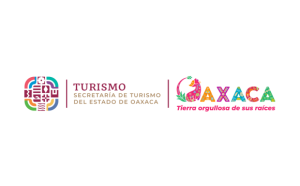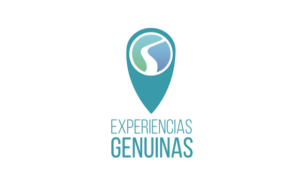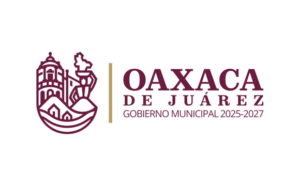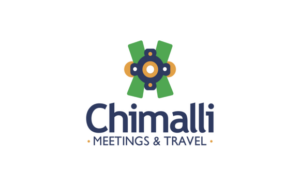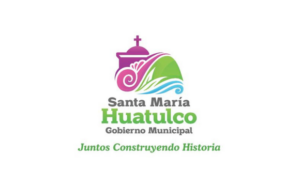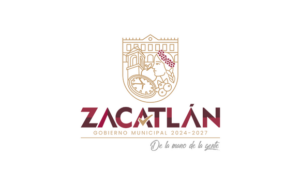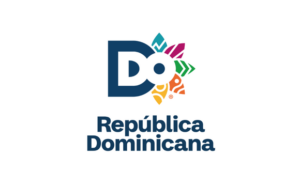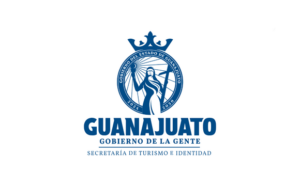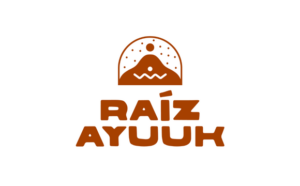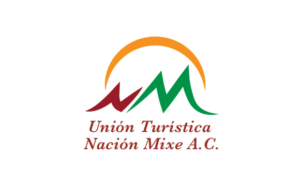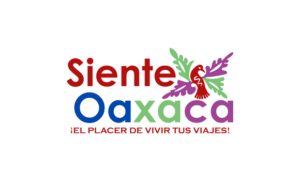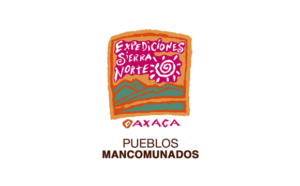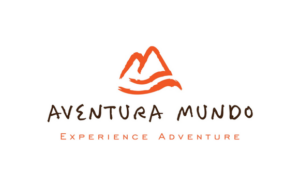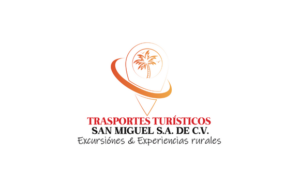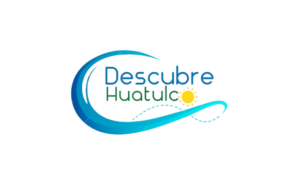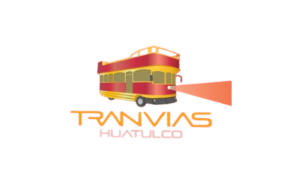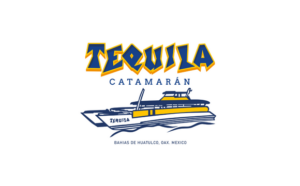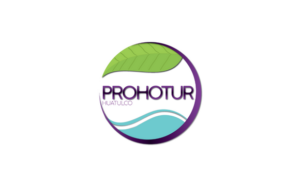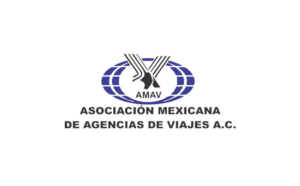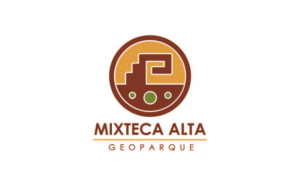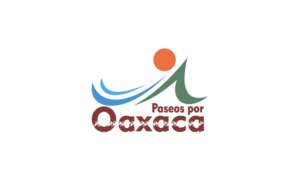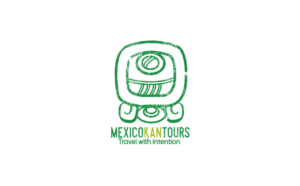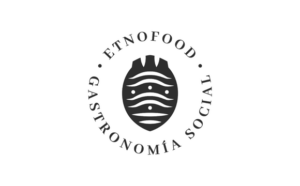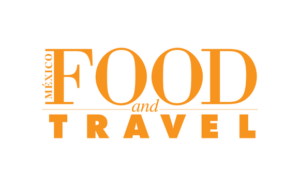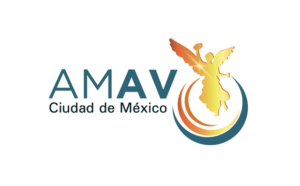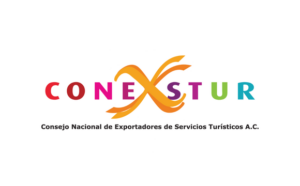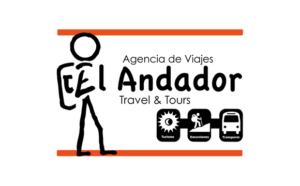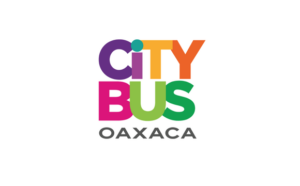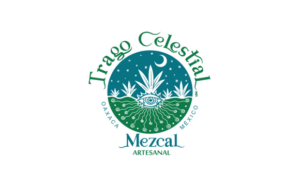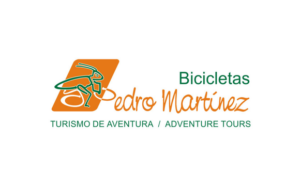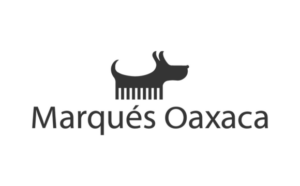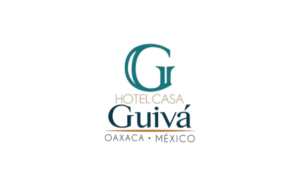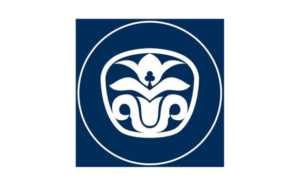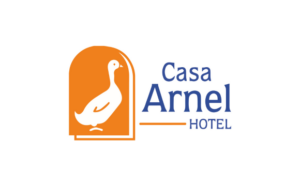First, what are we talking about when we refer to “risks”?
According to the OAS, risk is the probability that an undesirable event will occur (OAS / DSS). And on the other hand: A risk factor is “any trait, characteristic or exposure of an individual that increases his probability of suffering a disease or injury” (World Health Organization).
Ergo, the name of the game is to reduce the factors and minimize the chances of an undesirable event happening.
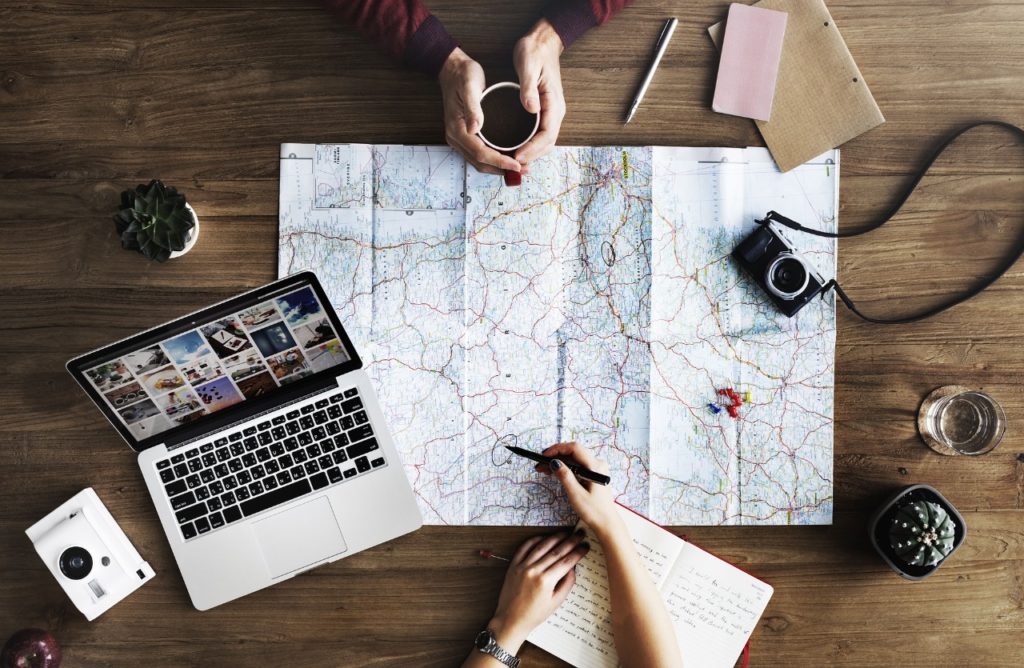
The risks inherent to travel will always be present and in this post, I want to share some tips to mitigate risks. I understand that there are many other forms and measures for risk mitigation: -Prevention, training, technique, physical elements and equipment, to name a few. However, the following tips are focused on planning and those actions that travelers can take before starting the trip to be able to enjoy our adventures more and promote a more conscious and responsible tourism:
-Study the route: Every trip begins when we plan and this is one of my favorite parts. As never before in history, we have access to ultra-detailed information on destinations: Maps, reviews, videos and photographs, allow us to know the destinations, cities, roads and routes before traveling. Sometimes, when I go to visit a place and I know that I must find a particular address that can be difficult to locate, I use tools like Google-earth, to visualize the surroundings and get there easily. And I must say that sometimes, it is very fun to visit destinations from the computer or cell phone before traveling.
-Having a contact “on the ground”: On trips, especially to adventure destinations, there may be situations that imply a certain risk and a certain degree of communication difficulty. Personally, when I do field trips alone or with small groups, I try to share the destination, the route and the duration of the trip. Even when nothing serious happens, there may be times when we are isolated and having someone who may have information about our trip always gives great security against contingencies.
-Confirming reservations: It may seem like a trivial matter, however, confirming services and reservations before traveling helps us to have more control over the situation if we plan the trip in advance. A last minute cancellation in our accommodation or transportation can put us as travelers in a contingent situation where we can expose our integrity, belongings, time and money at risk. A message or a call before traveling to the destination can help.
-Know the state of our health: The conditions on a trip can change without prior notice. Moving from our place of origin to a different context implies changes and conditions that can affect our health at all times: The type of food, the terrain, the climate and other elements can affect us to a greater or lesser extent. Being aware of our health status when traveling, knowing food restrictions, injuries or specific health conditions, will help us avoid unnecessary risks. On long or difficult trips, I recommend a preventive medical check-up.
-Listen to the locals: No one knows the destinations better than the people who live there. Probably one of the easiest ways to avoid putting ourselves at risk is by talking with the locals, they will be able to warn us of unsafe roads or areas, of potential risks, climatic contingencies or places to avoid. Although, this is a debatable point, since everyone speaks from their experience, it is very useful to trust their own intuition to look for someone who inspires confidence and security and to follow their advice.

* Pro-tip, ask the locals where to eat, they will know better where to eat well and safely, much better than other tourists or travel guides who do not live there. If you ask us, we know what good taquitos are and where not to eat!
We hope that tourism will recover soon and that more people will start traveling again. Travel should be more sustainable and safe and by taking the time to research and plan, we can enjoy more, better and in a more responsible way.









